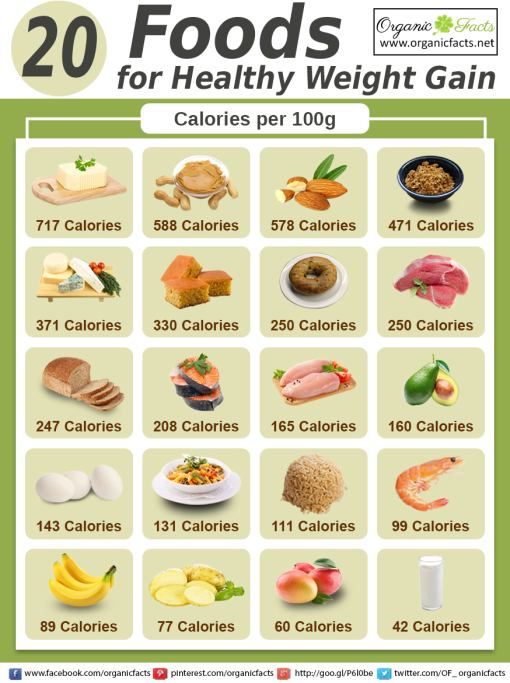Best Ways to Gain Weight Before BBL Surgery
The Brazilian Butt Lift, otherwise known as BBL surgery, has become one of the world’s most popular cosmetic procedures in recent years. Whether wanting to look like the girls on Ipanema beach or follow in the footsteps of your favorite celebs, the aesthetic benefits of gaining a high, rounded, and perky backside are clear.


However, it’s imperative that you prepare for the surgery in the correct manner, particularly in relation to your weight and fat levels. Here’s all you need to know about gaining weight ahead of BBL surgery.
Why is it Necessary to Gain Weight Before a Brazilian Butt Lift Treatment?
Brazilian Butt Lift is a type of surgery that uses Vaser Liposuction to transfer a patient’s own body fat into the buttocks. To do this safely, the patient must possess healthy levels of fat in the appropriate donor body parts (abdomen, thighs, lower back) before going under the knife.
Vaser Lipo works in 4 stages:
- Infiltration
- Fragmentation
- Aspiration
- Retraction


On average, a little over 1,000ml (34 Oz) of fat will be injected into each butt cheek. Only healthy fat cells will be transferred to the buttocks, meaning the extracted fat from your body must be purified before injection. To make this possible, you will need enough fat cells.
Therefore, the perfect candidate for a BBL will sit somewhere between the middle and high-end zones of a healthy BMI range. If your weight and body fat percentage is lower on the scale, it’s likely that your surgeon will suggest gaining weight ahead of the treatment.
However, a range of other factors such as height, age, and natural body shape can influence the situation too, which is why a consultation should be used to discuss your circumstances.
How to Gain Weight Prior to a BBL
The formula for gaining weight is pretty simple: you need to consume more calories than you use.
Sadly, this isn’t your ticket to sit on the sofa gorging on ‘take out’ food. It’s not just about increasing the number shown on the scale. The added weight is only worthwhile when it is gained healthily.
You do not want the weight gain to cause long-term health problems, such as placing strain on your organs. Likewise, you won’t want to lose your fitness as a result of gaining weight in an incorrect fashion.
To gain weight in an effective and healthy manner, you should focus on increasing your calorie intake with whole foods rather than junk foods. Foods like nuts and avocado that are naturally high in healthy fats are particularly useful additions to your diet. Cheese, whole eggs, fatty fish, and any other food that’s heavy in mono-saturated fats are perfect.


Other valuable steps to consider include;
Reduce your water intake
OK, staying hydrated is the foundation of any successful nutrition plan. However, if you are trying to gain weight, there is a time and a place for drinking water. Mealtimes do not fall into this category, as a glass of water will partially fill your stomach and reduce the amount of food you can consume.
Moreover, trading two or three cups of water per day for fruit juice is a great way to increase your calorie intake without the negative impacts of drinking high quantities of soda. It also means you’ll get your daily intake of nutrients.
Increase the food quantity
Bigger portion sizes are the best way to gain weight without trading nutritious food for junk food. Learn to load your plate with more food, and it naturally encourages you to eat more. If you keep eating the same quantities as before, you will see the same results.
Change eating habits
Teaching yourself to eat in a way that actively promotes weight gain can make the process far easier. Increasing the speed at which you eat is an ideal solution; for example, while distracting yourself while watching tv.
Studies show that the brain takes 20 minutes to recognize that it is full. Use this time to eat more while focusing on eating healthy fats, carbs, and proteins before moving onto the lower-calorie items like vegetables and salad. You should notice a significant impact.
Reduce exercise intensity
Staying fit is vital for your post-surgery recovery, and you must avoid the threat of living a sedentary life before the treatment. Nonetheless, losing your HIIT sessions for less challenging activities is a wise move. Besides, the change of pace can actively support your long-term fitness goals.
Essentially, you want to increase your weight in a controlled manner rather than using a strategy that ignores your health and wellbeing. If you stay true to whole foods and nutritious produce, it should enable you to avoid the threat of addiction to sugary foods, which could cause havoc after your BBL.
How Long Should the Weight Gain Take?
Weight gain for BBL surgery is a process that should be completed steadily. The duration will depend on how much weight you need to gain, both in terms of actual weight and body fat percentage. A candidate wanting to gain 10lbs of fat will usually take less time than one that wants to add 20lbs. Similarly, a person with a BMI of 18 may take longer to add 15lbs of weight than a person that has a BMI of 24.
Ultimately, then, you need to gain weight at a speed that works for your individual circumstances. The body is very complex, and your weight will be affected by many aspects. However, 1lb of fat equates to 3,500 calories. So, adding an extra 500 calories to your daily intake can help you gain 1lb of fat per week. For faster weight gain, try increasing your food intake by 1,000 calories instead.
If you want to gain weight healthily, though, the process can take several weeks. Therefore, it’s important to start the transition in a good time before your BBL surgery appointment. To gain further insight as to how much weight needs to be gained, along with the proposed time-frames, arrange a video consultation with a VIDA Wellness & Beauty Board-Certified Plastic Surgeon today. Call us at (619) 738-2144 to schedule your free consultation.